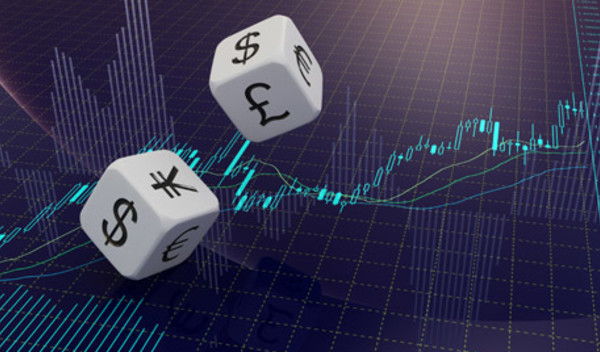Philippa Gee, a wealth manager, also views ETFs as a marginal part of portfolios – if they feature at all. This, she believes, makes sense in part because the concept of a tracker is more straightforward for her clients.
“I tend to use trackers more, as they are more of a plain vanilla contract, and it is easier for the investor to understand,” Ms Gee explains. That is not to say they [ETFs] are wrong for everyone, as they have their place. It is just that the majority tend to find trackers more suitable.”
Similarly, some of the key advantages of ETF use remain unappealing to many adviser clients, she believes.
“I am not a massive fan of ETFs for most clients, for whom the minute-by-minute trading isn’t essential,” she says.
Increasing complexity
Ms Gee’s misgivings illustrate a conundrum for ETF providers: the products, while gaining traction among some parties, are still associated with unnecessary complexity, which can deter investors.
The smart beta industry has drawn criticism for this. Earlier this year, Morningstar research found that US equity ETFs focusing on ‘value’ investments varied significantly in their index construction methodologies.
This meant that, because of the disparate methods used, funds that were using the same approach on paper were, in reality, delivering differing levels of performance as well as producing different risk-return profiles.
The gap between index returns can be significant. ETFs tracking the MSCI World Value index, for example, would have seen their returns fall more than 27 percentage points short of those tracking the FTSE equivalent over the last decade.
With this in mind, ETF users have been warned to make sure they understand the underlying index and the securities to which it will expose them.
“With passive investment strategies, whether ETFs or index mutual funds, a deep understanding of the index the fund is tracking is key,” says Ms Perryman.
“Some indices can sound almost interchangeable, but offer very different country, sector and stock weightings, and consequently generate quite different returns.”
Issues to watch
Investors should also consider a number of other factors. They should note, for example, that unlike trackers, ETFs tend to carry dealing charges, which could take a chunk out of overall returns. And beyond simple price comparisons, a number of other elements are important to bear in mind when choosing a product.











